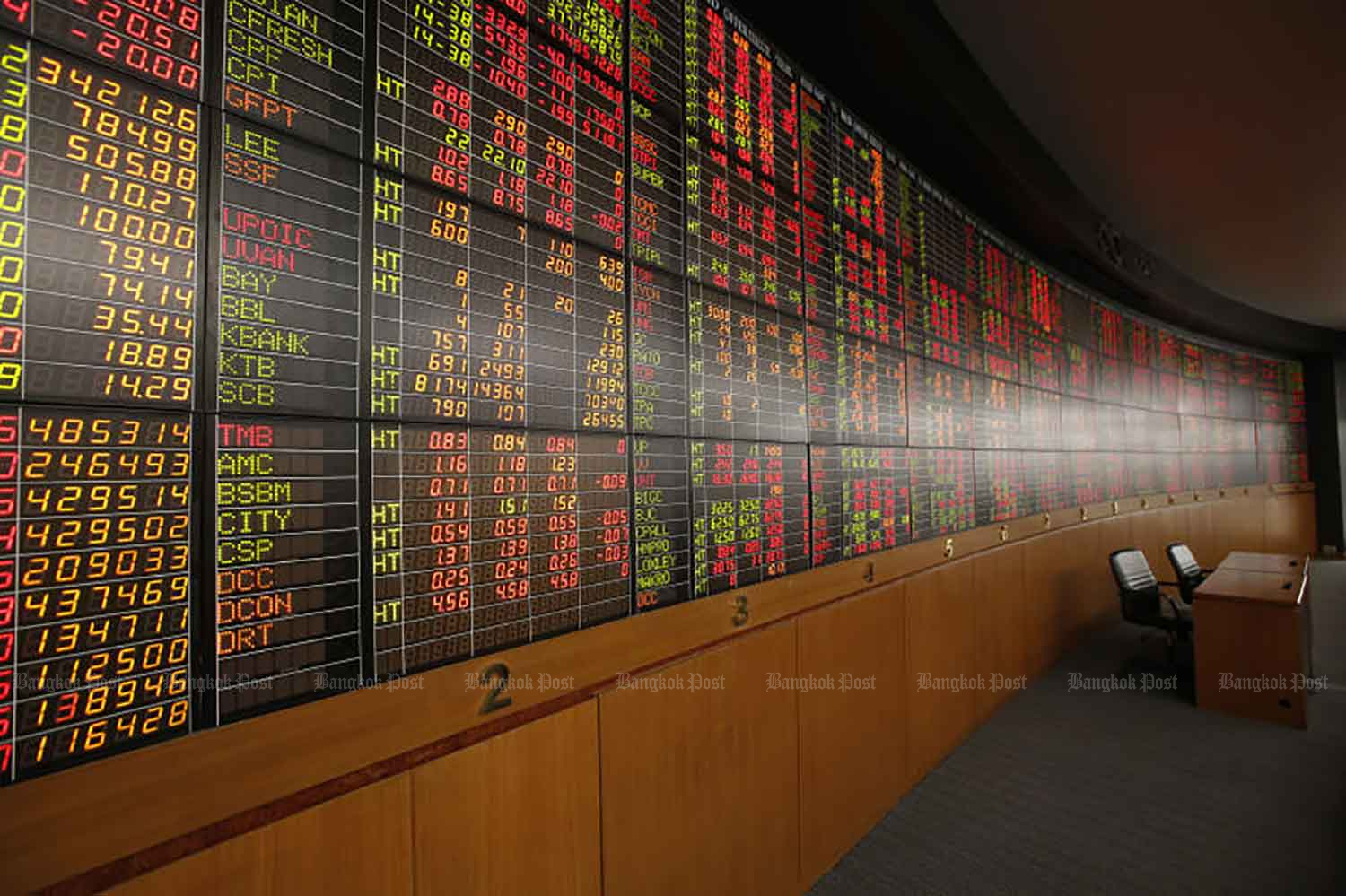Thailand: State mulls waiver for tax on stock trading
The Finance Ministry is considering the Federation of Thai Capital Market Organizations’ (Fetco) proposal to extend the waiver of the transaction tax for stock trades because reimposing it can cause trading costs to increase by 70% for general investors and 170% for foreign investors.
The tax has been waived since 1991, but the ministry plans to reimpose it this year.
Paiboon Nalinthrangkurn, chairman of Fetco, said the tax will prompt a 40% decrease in liquidity in the Thai stock market and cause the average daily trading value to drop to 50 billion baht, from 80 billion at present.
He said if the daily trading value drops to 50 billion baht, businesses in the technology and S-curve industries will face more difficulties in raising funds from the capital market, stunting their growth over the long term.
Mr Paiboon said Fetco met with the finance minister last week to present the results of its study on how reimposing the financial transaction tax will affect the growth of the Stock Exchange of Thailand (SET).
The ministry is considering the study and Fetco is waiting for a response, he said.
Based on the study, Fetco found that even without the tax, liquidity in the Thai capital market is likely to continue to fall over the next two years, pressured by more hawkish monetary policies and global interest rate hikes.
Mr Paiboon said the impact assessment showed if the ministry reintroduced a transaction tax on stock trading, the investment costs for all types of investors will increase significantly and may encourage investors to move to other cheaper stock exchanges.
When the market is smaller, the fundraising process will become more costly and difficult, leading major and fast-growing businesses to perhaps leave the Thai stock market and list on international markets, he said. The tax would undermine the Thai bourse’s competitiveness and liquidity in the long term, Mr Paiboon said.
He urged the SET to add more attractive products in line with investment trends to attract foreigners, such as listing technology companies or launching new innovative products.
If the government doesn’t tax stock transactions and allows the market to grow organically, the state will gain more revenue from corporate income tax than from a transaction tax, said Mr Paiboon.
He expects the Thai bourse to outperform developed markets as the Thai economy is forecast to grow by 4% this year, spurred by the recovery of the tourism sector.
The local bourse recorded around 40 billion baht of foreign fund inflows during the past two months while the baht has started to appreciate, suggesting foreign investors now see the Thai stock market as a safe haven with cheaper stocks compared with other developed stock markets, said Mr Paiboon.
Fetco’s Investor Confidence Index for stocks over the next three months is 93.91 in January, down 27.5% from the previous month and marking a retreat to a neutral zone.
The expectation the US Federal Reserve will maintain its loose monetary policies, better than expected earnings reports from listed companies, and progress in vaccine distribution are the top three factors supporting investor confidence. However, uncertainty surrounding the Fed’s interest rates, a local economic retreat and international conflicts have soured sentiment.
Source: https://www.bangkokpost.com/business/2261067/state-mulls-waiver-for-tax-on-stock-trading


 English
English





